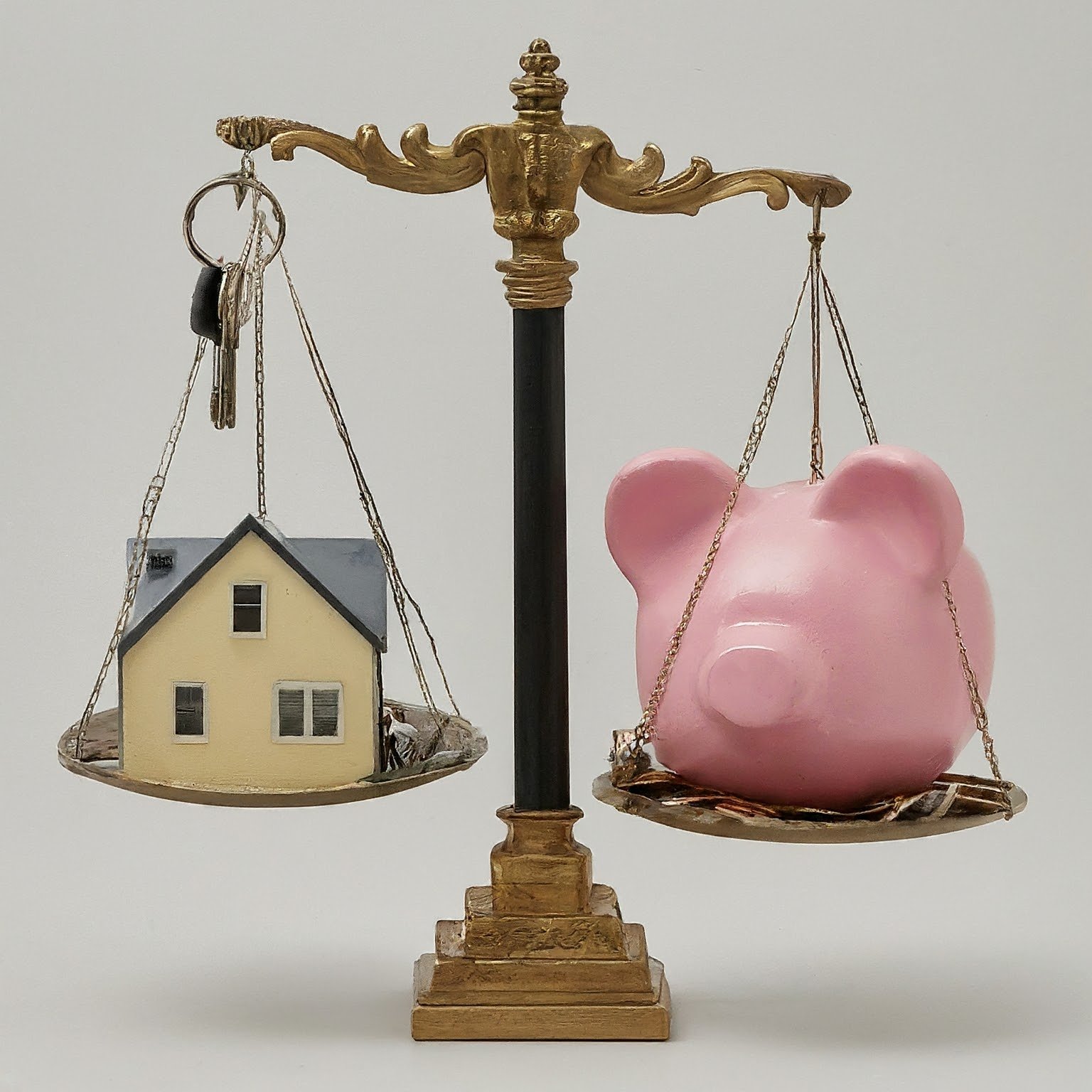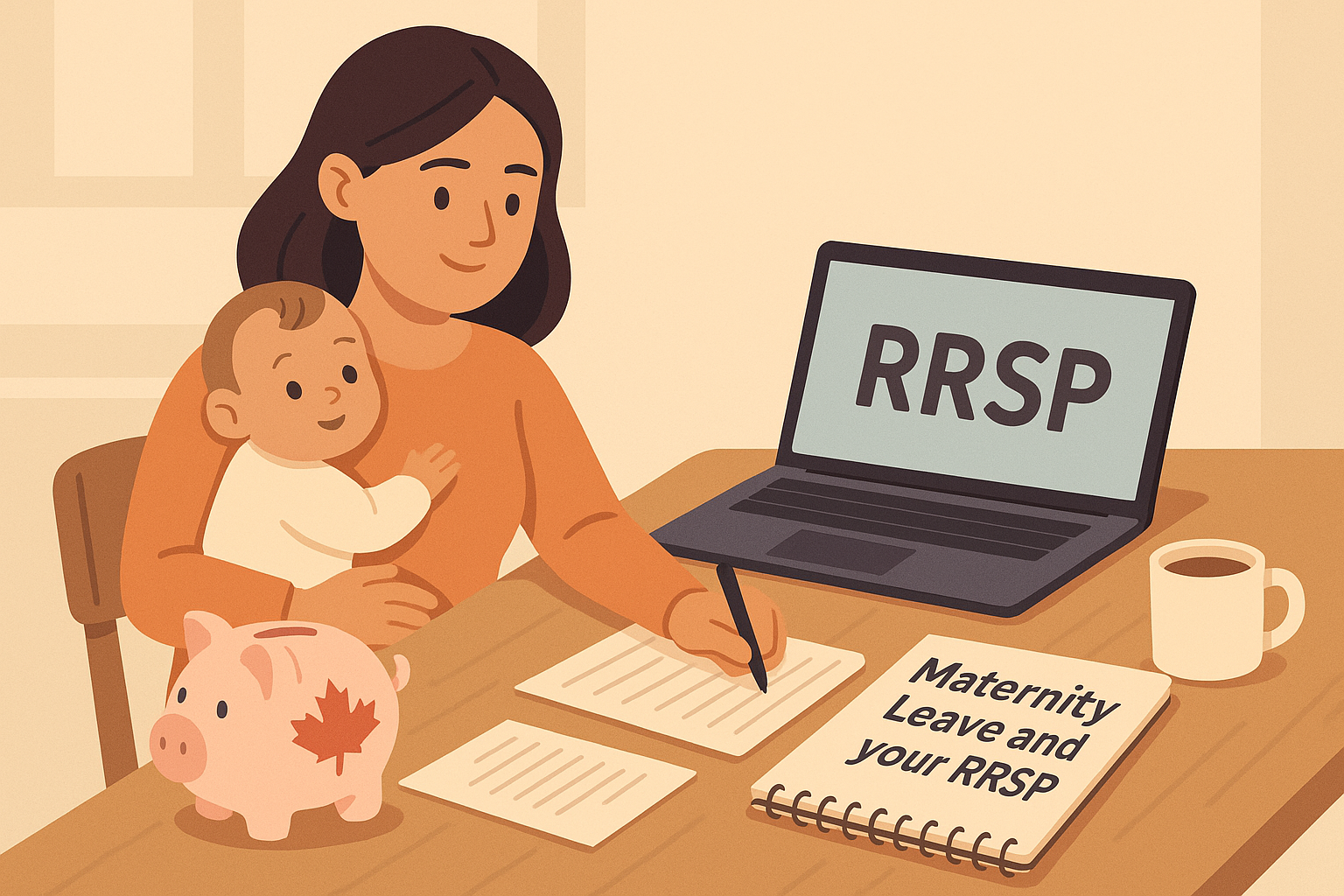About a year ago, I took the bus to work. As usual, I liked to sit at the back of the bus to continue reading my book of the week. With my eyes fixed on the pages, I was ready for the usual 40-minute ride.
After 10 minutes, three young people in their twenties (I think) were sitting right in front of me. Dressed in T-shirts bearing the uOttawa logo, they were certainly headed to the University of Ottawa. As usual, these young folks started chatting, but fortunately, their conversation revolved around an existential question: Is it better to buy a house or rent?
I have to admit, I was impressed by the quality of the discussion. The arguments put forth by these bright young minds could be summarized as follows:
“If you rent, you’re throwing money away.”
“If you rent, you’re paying the landlord’s mortgage.”
“I’d rather buy my house because it’s a worthwhile investment.”
“For now, I prefer living with my parents because it allows me to save money.”
And so on.
Their arguments were so interesting and compelling.
I must confess, this is a question I’ve been hearing more and more lately, probably due to the current high prices of both houses and rentals in many areas. In this article, I propose two simple methods that could help you answer the question these young students were debating.
I. Example
Before answering the question of whether it is better to buy a house or rent, let’s consider the following scenario. Our friend Perth is interested in buying a house with a listed sale price of $400,000. Currently, Perth lives in an apartment and pays $1,200 per month in rent. In his calculations, Perth tells us that he can put down $40,000 as a down payment. Perth is wondering if it’s really worth buying a house right now.
To help Perth make an informed decision, we will rely on two well-known investment methods: (1) The Price-to-Rent Ratio, and (2) The 5% Rule.
II. The Price-to-Rent Ratio
The Price-to-Rent Ratio is a more effective way to determine whether it is better to continue renting or to buy. In other words, it involves looking at the price of the property you want to buy divided by what it costs you in annual rent.
For our friend Perth, the calculation is as follows:
$400,000 / ($1,200 x 12) = 27.78
Then, we apply the following decision rule:
- If the Price-to-Rent Ratio is 20 or less, it is better to buy a house because it is more advantageous.
- However, if the Price-to-Rent Ratio is greater than 20, it is better to rent.
In our example, since Perth’s Ratio is greater than 20 (27.78 is greater than 20), it is better for Perth to continue renting. However, it is crucial for Perth to continue investing his savings to benefit from stock market fluctuations.
How to Invest in the Stock Market in Canada
To invest in the stock market, you need to open an investment account with an online broker. In Canada, there are currently four online brokers with either no commission fees or low commission fees:
- Wealthsimple (use my exclusive Wealthsimple Trade link and referral code 2TNWEA, you’ll receive a $25 cash bonus after depositing an initial amount of $150).
- Questrade (sign up here* and get a $50 bonus when you use my promo code 655729493467527)
- National Bank Direct Brokerage
- Desjardins Disnat
I will update this list as other credible providers, validated by the country’s competent authorities, enter the market. If you know of any others, please let me know.
II. The 5% Rule
I personally like this rule because it directly addresses the myth that “renting is throwing money away.” To be specific, we all throw money away.
For renters, it is straightforward—they “throw away” the cost of rent. For homeowners, it is more complex. They “throw away” money on municipal taxes, school taxes, home maintenance costs, and the interest paid on the mortgage until it is fully amortized. All of this is money that is gone forever!
The 5% Rule is based on the assumption that unrecoverable costs (that is, money thrown away and never recovered) amount to 5% of the price of the house you want to buy, divided by 12.
The decision rule is as follows:
- If the rent you pay is less than or equal to the result obtained in the 5% Rule, then it is better to continue renting.
- However, if your rent is higher than this result, then it is better to buy a house or a condo.
In the case of our friend Perth, the 5% Rule calculation would be as follows:
Unrecoverable costs = (5% x $400,000)/12 = $1,667.
Therefore, Perth would be throwing away $20,000 per year or $1,667 per month if he bought a house, even though it is a long-term investment.
Since Perth’s monthly rent is $1,200, which is less than $1,667, it is better for Perth to continue renting his apartment. However, unlike a homeowner, a renter always has the burden of saving. Thus, Perth must save and invest each month in assets that appreciate in value over time.
For instance, If Perth were to invest his $40,000 down payment in a stock asset with an annual return of 8% (I acknowledge this is quite generous), after 20 years, Perth would have approximately $125,467 in his savings account.
Thanks for reading! You can support my work by buying me a coffee.
Share Your Experience
Feel free to share in the comments below if you use other methods to decide between continuing to rent or buying a house. As a reminder, you are not required to use your real name in the comment box below. You can choose a pseudonym. Your email address will not be made public. It will help me send you blog newsletters (if you wish, of course). Thank you!
Disclaimer
While I try to ensure the accuracy of the information contained in this blog, I do not guarantee it. I’m not a licensed financial adviser or anything similar, so take this blog only as an educational resource and my personal thoughts and opinions. No liability is assumed for losses or disappointments due to the information provided. It is important that you always exercise your own judgement when making decisions that can impact your wallet, and your life!







